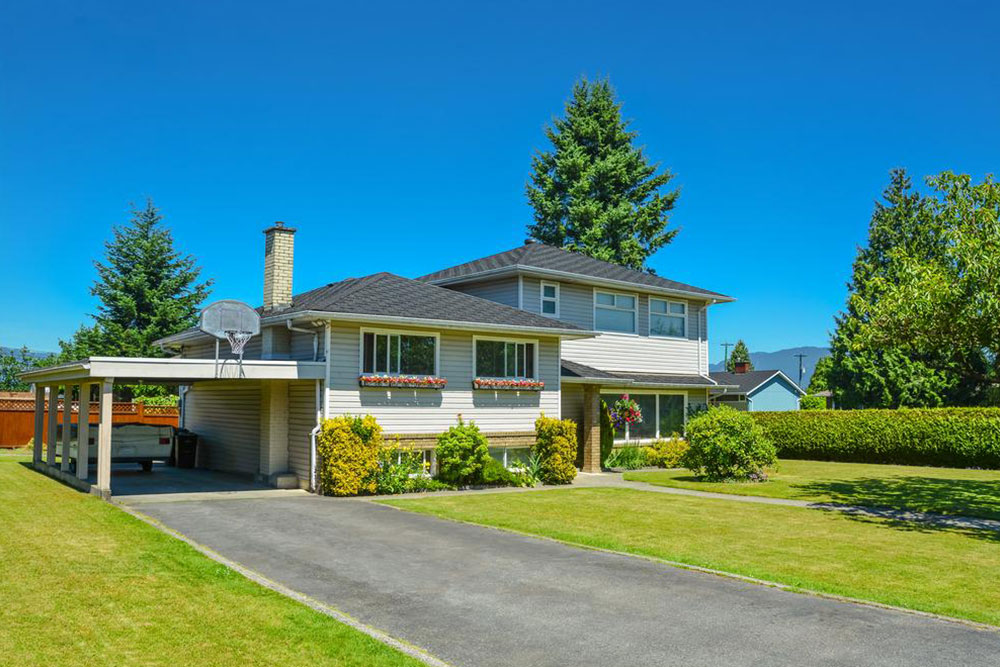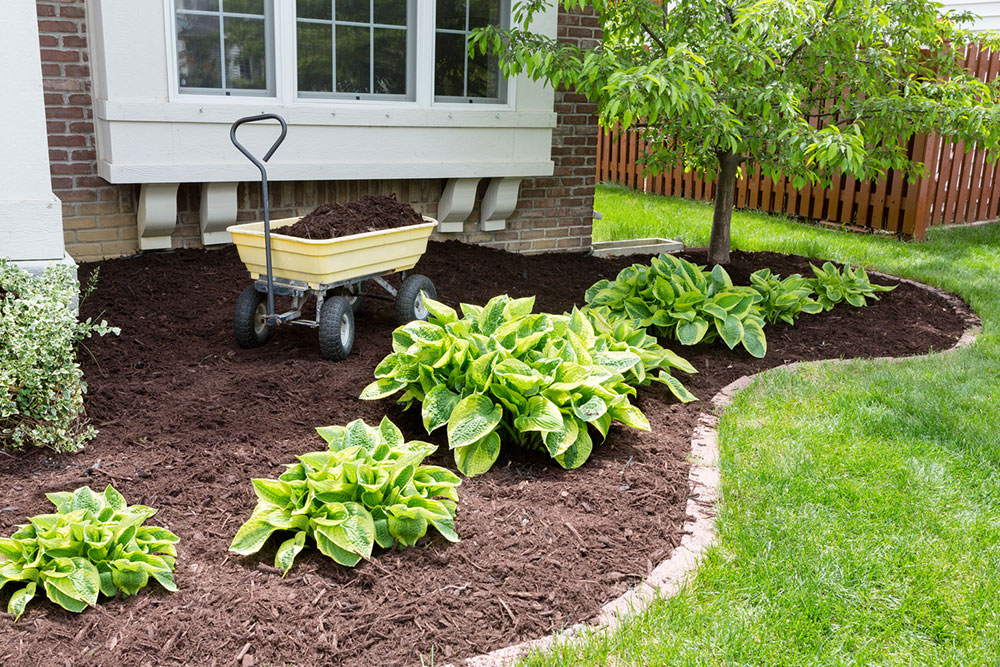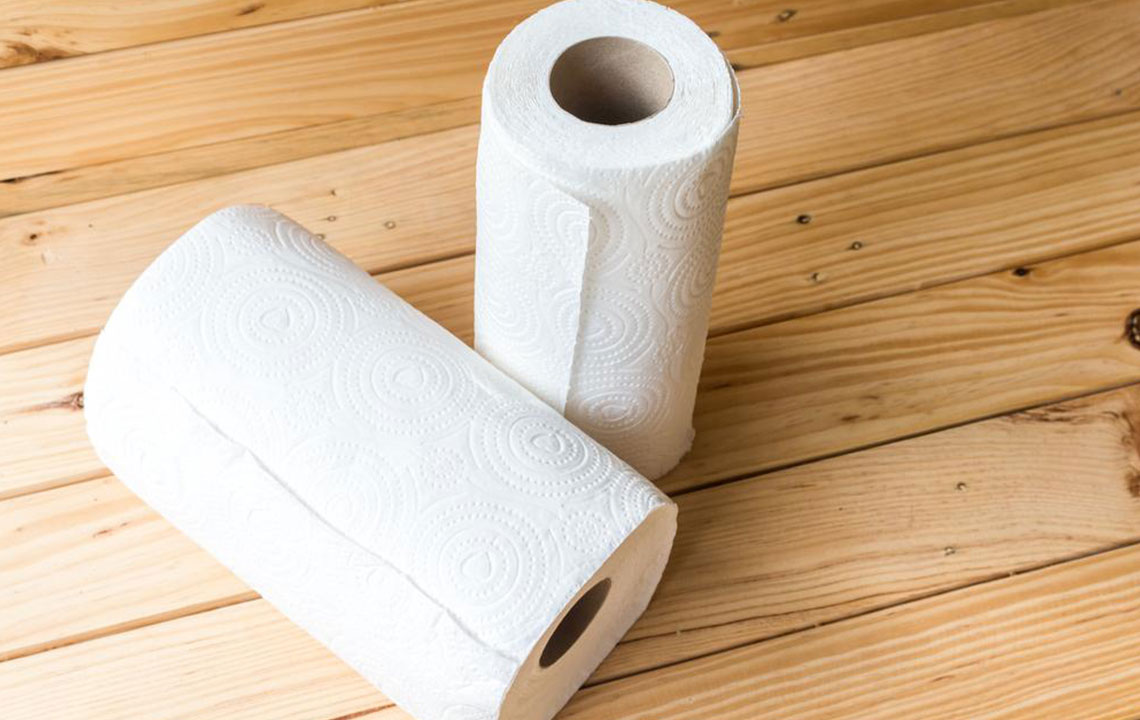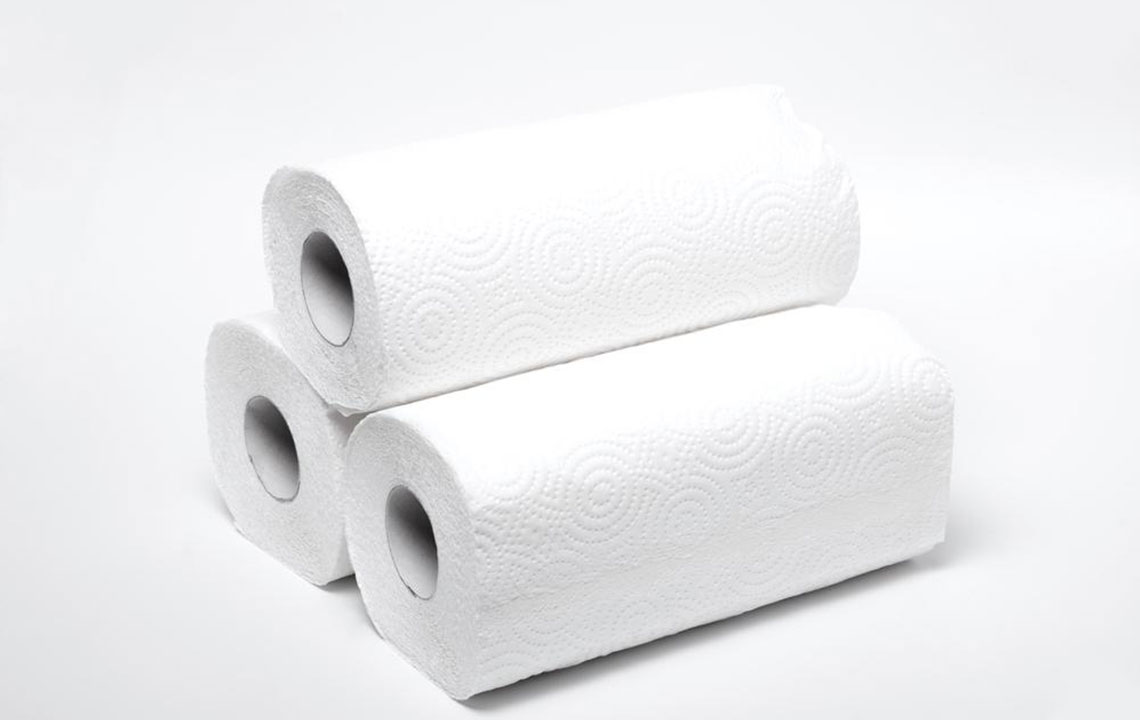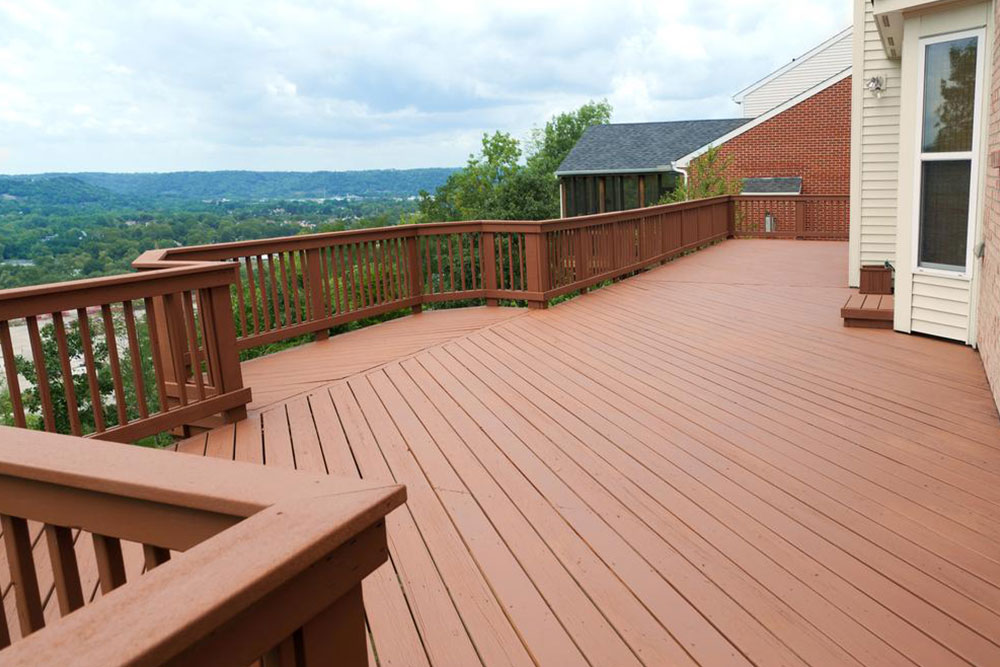Enhancing Landscaping with the Advantages of Rubber Mulch
Rubber mulch stands out as a sustainable, long-lasting, and cost-effective landscaping material. Its ability to suppress weeds, resist pests, and withstand harsh weather conditions makes it ideal for various outdoor applications. Not only does rubber mulch improve soil stability and thermal regulation, but it also enhances safety in children’s play areas due to its shock-absorbing qualities. Its eco-friendly origin from recycled tires and low maintenance requirements have made it a preferred choice among eco-conscious homeowners and landscapers aiming for durable, visually appealing landscapes that require minimal upkeep.
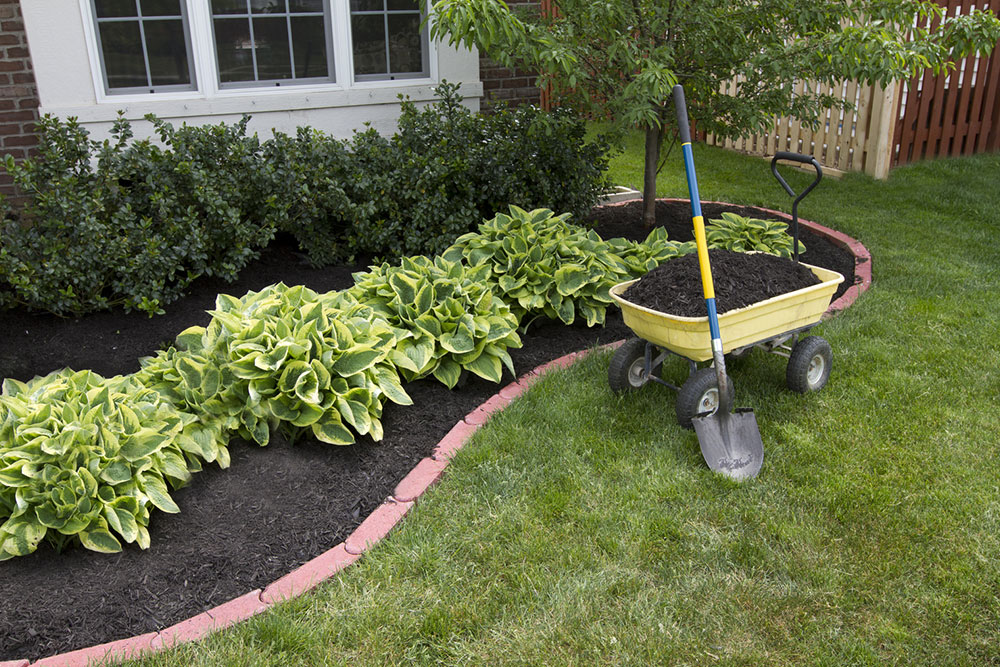
Enhancing Landscaping with the Advantages of Rubber Mulch
In modern landscape design, selecting the right mulch is essential for creating sustainable, low-maintenance, and visually appealing outdoor spaces. Rubber mulch has become an increasingly popular choice among homeowners, landscapers, and garden enthusiasts due to its numerous benefits. Unlike traditional organic mulches such as wood chips, bark, or straw, rubber mulch is manufactured from recycled tires, making it an eco-friendly option that promotes sustainability while offering exceptional features that enhance landscape functionality and aesthetics.
One of the primary advantages of rubber mulch is its excellent weed suppression capabilities. Because it creates a dense, durable barrier, it effectively prevents weed seeds from germinating and sprouting through the surface. This attribute contributes significantly to reducing the need for frequent weeding and chemical herbicides, thereby making garden maintenance more manageable. Additionally, since rubber mulch does not retain water or decompose over time, it remains an effective weed barrier for many years, often lasting a decade or more with minimal replacement.
Cost efficiency is another compelling factor that makes rubber mulch an attractive landscaping material. Although the initial installation cost may be higher than organic options, its longevity and low maintenance requirements can lead to significant savings over the long term. Unlike organic mulches that typically need replacing after one or two seasons, rubber mulch is resistant to decay, mold, and pests, which eliminates ongoing expenses related to replacement and pest control treatments.
Durability is one of the key strengths of rubber mulch. It withstands harsh weather conditions, including heavy rain, snow, and high winds, without breaking down or dispersing. This resilience ensures that landscapes remain uniform and aesthetically pleasing year-round. Rubber mulch's robustness also extends to its resistance to pests such as termites, ants, and insects that often damage organic mulches or plants. This pest resistance not only protects plants but also reduces the need for chemical pest control measures, contributing to a healthier garden environment.
Environmental considerations are increasingly influencing landscaping choices, and rubber mulch is an eco-conscious option due to its recycled material origins. By repurposing discarded tires instead of sending them to landfills, rubber mulch helps reduce waste and supports environmental conservation efforts. Moreover, its inert nature means that it does not leach harmful chemicals into the soil, ensuring a safe environment for plants, pets, and children.
One of the functional qualities of rubber mulch is its ability to moderate soil temperature. It helps keep the soil cooler in the summer and prevents it from freezing in winter, creating a more stable environment for root growth. This thermal regulation can improve plant health and boost landscape productivity. Additionally, rubber mulch partially allows water to permeate, enabling rainwater to reach the roots efficiently, while not absorbing or retaining excess moisture themselves. This characteristic reduces water runoff, promotes healthier plant roots, and conserves irrigation resources.
Ease of installation is another advantage of rubber mulch. It can be spread over existing soil or gravel beds with relative simplicity, requiring minimal preparation. Landscape professionals and DIY gardeners alike appreciate its flexibility, as it can be easily molded around curves, flower beds, and tree bases. The availability of various vibrant colors allows for customization, enabling landscapers to match mulch to specific color schemes or thematic designs, creating visually cohesive gardens and recreational areas.
Safety and comfort are important considerations, particularly in children’s play areas. Shredded rubber mulch provides a soft, shock-absorbing surface that reduces injuries from falls, making it a popular choice for playgrounds and sports fields. Unlike gravel or concrete, rubber mulch does not compact or freeze, ensuring a safe, consistent cushioning effect throughout the year. Its non-slip properties also enhance safety, preventing slips and falls in wet conditions.
Maintenance requirements for rubber mulch are minimal. Regular inspections and occasional raking to redistribute materials to prevent compaction are usually sufficient. Since rubber mulch does not decompose, there is no need for frequent replenishment, and it remains aesthetically intact over long periods. Its resistance to mold, rot, and insect damage significantly reduces overall maintenance efforts and costs.
In conclusion, rubber mulch offers a versatile and sustainable landscaping solution with a multitude of benefits. Its weed suppression ability, durability, environmental friendliness, thermal regulation, safety features, and low maintenance make it an excellent choice for residential gardens, parks, playgrounds, and commercial landscapes. With a wide array of colors and customizable features, rubber mulch can enhance the visual appeal and functionality of any outdoor space, all while contributing to ecological conservation efforts through the reuse of recycled materials.
